If you ever needed a manual on how to rebrand and build yourself from the ground up to prominence as an artist, you’re flipping the wrong script. Instead, look at the Adekunle Gold playbook. Study how he has lived different lives as an artist: from Adekunle Gold, the boy in colorful Yoruba attire, to AG Baby, and now to his most iconic phase yet — Big Fish (or, in Yoruba appropriation, eja nla).
Adekunle Gold broke into the Nigerian music industry in 2014 with Sade, a song that interpolated elements of Yoruba melody and modern Afrobeats. The track beautifully intertwined both traditions, giving us one of the greatest love songs to emerge from the AG Baby catalogue and one of the defining tracks of 2010s Afropop.
At that time, Adekunle was driven by a passion for music and culture that reflected not only in his sound but also in his fashion sense: colorful adire outfits, an afro neatly carved on his head. Though not the breakout star under YBNL, the label where he was signed, Adekunle was laying the foundations of what would become one of Nigeria’s most influential careers, carrying Yoruba culture along with him.

For his fans, Adekunle Gold represents many things. His fiery nature and consistent artistic evolution are often underappreciated. It is rarely acknowledged how he has managed to metamorphose without losing even a fraction of his identity. Whether you love him or not, you have to admit that his journey goes beyond mere luck — it is a testament to exceptional craftsmanship and a deep connection with his loyal audience.
Despite his rebranding over the years, Adekunle has remained consistent in one thing: the traditional incorporation of Fuji, subtly blended with contemporary sound. From Sade to today, that signature is always present. When Orente followed Sade, it was another redefining moment. The song popularized the idea that being petite and cute was a blessing. But by that point, critics began to grow weary of his formula. Orente sounded like Sade, and when Pick Up arrived, it was essentially a new story told with the same melodic blueprint.
In 2016, Adekunle released Gold, his debut album, which housed most of his early hits — Ariwo Ko, No Forget featuring Simi (the mother of his child), Sade, and Orente. Here, Adekunle rooted his sound deeply in cultural heritage, embedding Yoruba traditions into modern structures. It wasn’t the industry norm at the time, but it was unique enough to set him apart.
By 2018, he was already transforming into the “big fish” with About 30, his sophomore project. It was an eclectic mix of highlife and modern Afrobeats, highlighted by singles like Ire and Call On Me. While not as universally loved as his debut, About 30 holds significance as a transitional work — a penmanship of his journey and a marker of his rising elite status.
The real reinvention began with 2020’s Afropop, Vol. 1. Released during the global pandemic, this was the turning point where Adekunle’s rebrand took full form — not just in his fashion or public persona, but in his sonic identity. The album remains a landmark: experimental yet deeply rooted, soulful yet adventurous. It confirmed that Adekunle Gold could innovate without losing himself.
But reinvention comes with expectations. Fans looked to his follow-up albums to surpass Afropop. Instead, 2022’s Catch Me If You Can was underwhelming, despite containing the smash High with Davido. His 2023 project Tequila Ever After was stronger but still felt like a rinse rather than a bold leap.
Now, in 2025, Adekunle Gold reemerges as Big Fish with his sixth studio album, Fuji. At this point, he no longer has anything to prove. The earlier trifecta albums established his relevance, while Afropop confirmed his reinvention. Fuji, however, is about something greater: legacy.
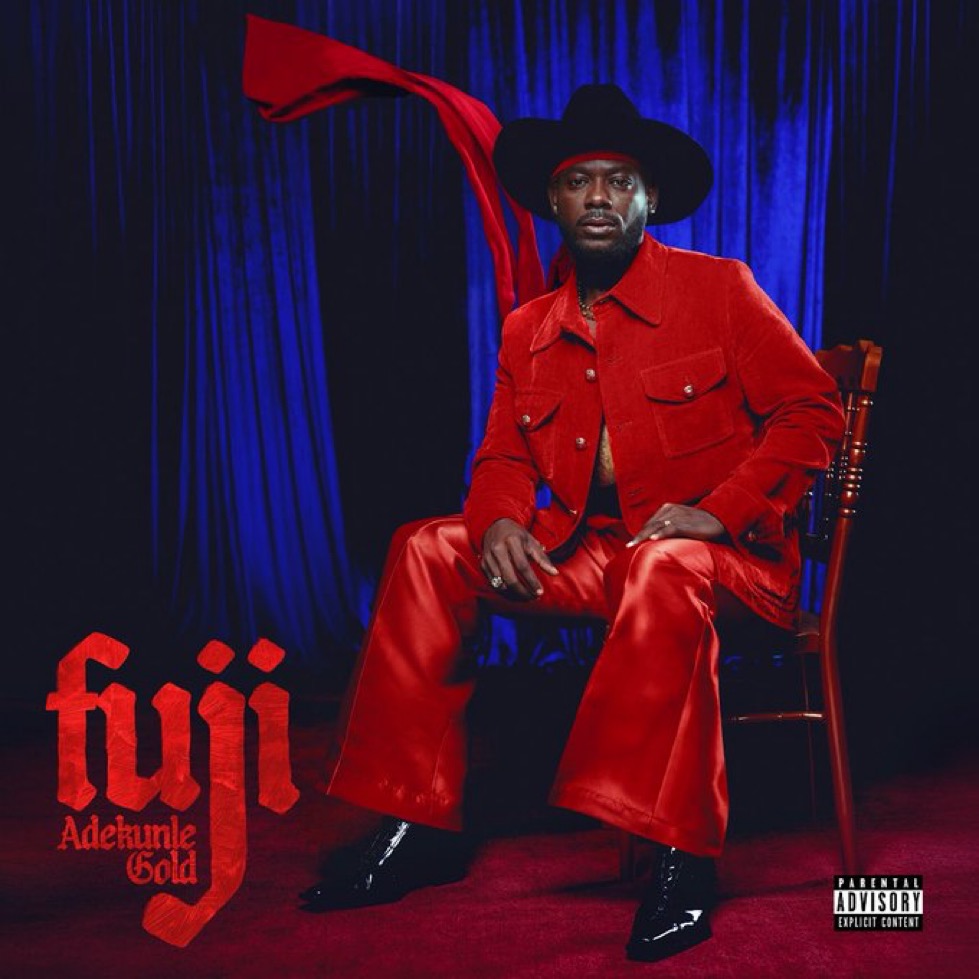
This album is not just about Adekunle’s personal evolution but also about carrying Yoruba cultural heritage across borders. Fuji is soaked in Western influences yet deeply tied to the traditions of Lagos (Eko) and its Islamic-rooted rhythms. From the very first track, Big Fish, it’s clear Adekunle is set on something special. With shekere, chants-like vocals, and heavy percussion, he frames his new life as a new dispensation, singing about never going back to poverty. He declares: “small fish don finally di eja nla.”
Simi’s sultry vocals lace the second track, Don Corleone, with juju influences and omele-driven percussion. From there, Adekunle drifts into Bobo featuring Lojay and Shoday. Produced by Niphkeys, it bursts open with talking drums and creates an atmosphere where both guest features shine.
Next comes Coco Money, one of the album’s pre-released singles. With its Fuji-styled undertones and infectious energy, it has become a staple at clubs and parties. Opening with the audacious line, “if you’re not spending money, go,” the track epitomizes Adekunle’s genius at making Yoruba-rooted music that feels global yet still fun.
The album then shifts gears with Believe, a love song sampling Bill Withers and Grover Washington Jr.’s classic Just The Two Of Us. Adekunle keeps the nostalgia intact while weaving in Fuji textures. When he sings “though I walk through the walls of your fire,” it feels like an allusion to Psalm 23 — a spiritual undertone beneath the romance.
My Love Is The Same is one of the album’s most intimate moments. Here, Adekunle narrates the struggles of hustling while being absent from family. He reassures his daughter, Adejare, that his love never changes. The track even features her sweet vocals, transforming it into a father-daughter conversation wrapped in melody.
On Love Is An Action, with songwriting input from the late American legend Bobby Caldwell, Adekunle reflects on the sacrifices of love. Musically, it leans more into Afropop with log drums and bass percussion, yet Adekunle’s signature melody anchors it.
One of the album’s highlights is Many People, which samples Yinka Ayefele’s classic, Mi O Mo J’orin Lo and interpolates King Sunny Adé’s Aye n Reti Eleya Mi. It’s a jubilant, celebratory track where Adekunle revels in his blessings and status as eja nla.
In the same club-ready lane as Coco Money, Attack features Ghanaian singer Molly and newcomer Mavo. This is followed by Only God Can Save Me featuring Davido — humorously described as the “lamentations of married men.” Adekunle opens with reflections on fidelity while surrounded by temptation, and Davido’s feature feels both ironic and fitting.
For those expecting Fuji to mimic the style pioneered by Dr. Sikiru Ayinde Barrister, this album might feel surprising. Adekunle’s Fuji is not explicit but woven subtly into melodies, vocal textures, and percussions. Tracks like Lailo and Oba embody this approach: understated Fuji influence, steady rhythms, and Adekunle’s unmistakable voice.
As the album slows down toward its conclusion, Adekunle becomes more reflective. On I’m Not Done, over soft piano keys, he reassures himself that his journey isn’t over — in music, life, and everything else. The project closes with Obimo, a pre-released single, a love song that perfectly ties up the narrative of reinvention and legacy.
What Fuji ultimately reveals is a matured Adekunle Gold, presenting the most polished version of his rebranded self. It is his best work since Afropop, Vol. 1, and possibly his most cohesive project to date.
Adekunle Gold’s album Fuji isn’t a traditional or textbook representation of the fuji genre — it’s not him trying to preserve or imitate old fuji music like a historical artifact in a museum. Instead, the album is a living, personal expression of who Adekunle Gold is — his roots, his evolution, his identity, his artistry.
It will take time for listeners to decide whether Fuji surpasses Afropop, Vol. 1. But one thing is certain: both albums stand as masterpieces, capturing the brilliance of an artist who has learned to evolve without losing himself. Adekunle Gold has gone from small fish to Big Fish — and on Fuji, he swims in waters that belong only to legends.


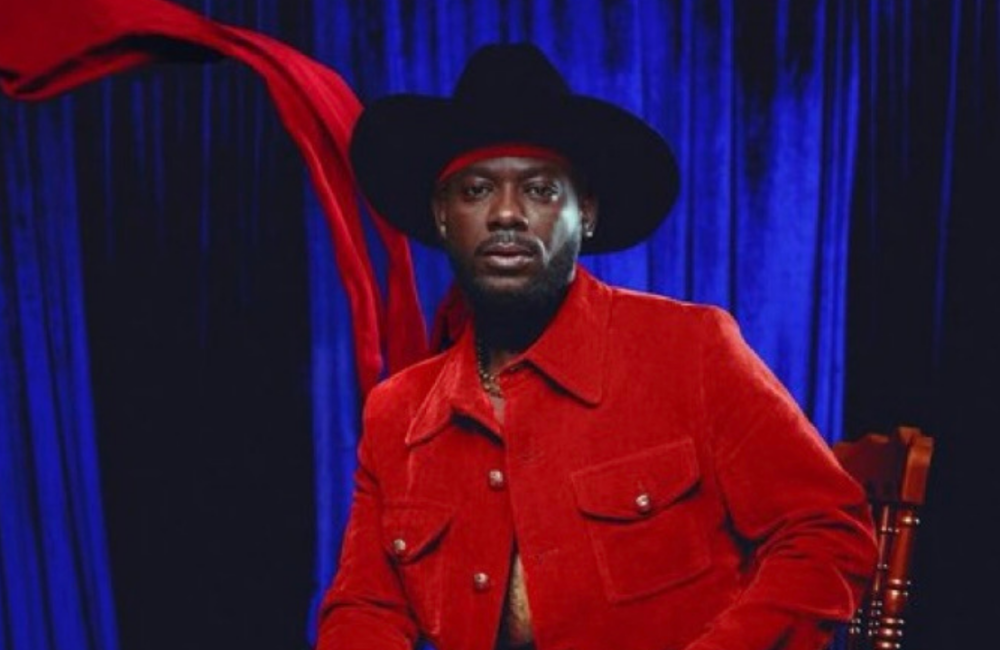
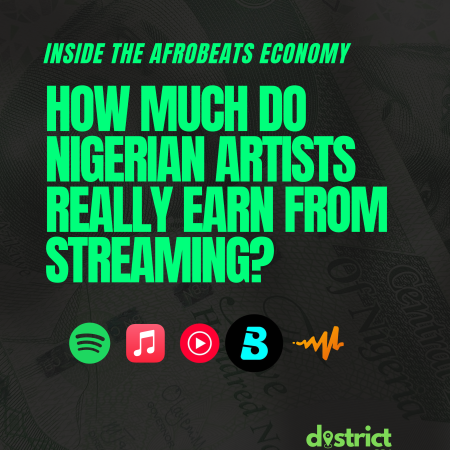
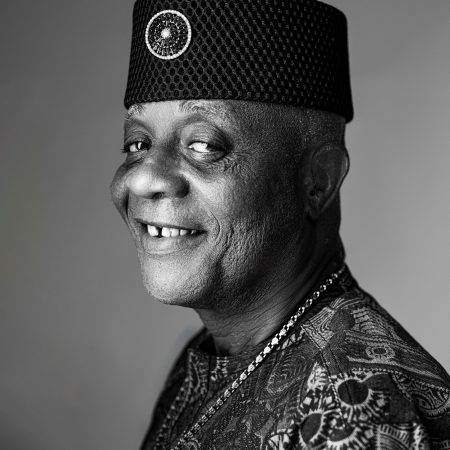



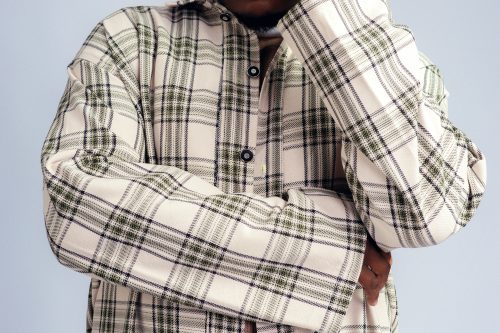
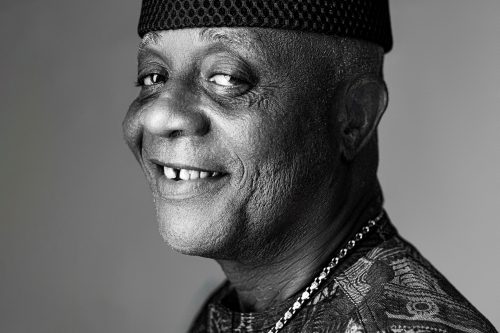
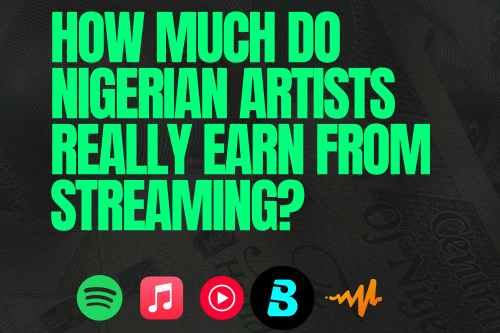
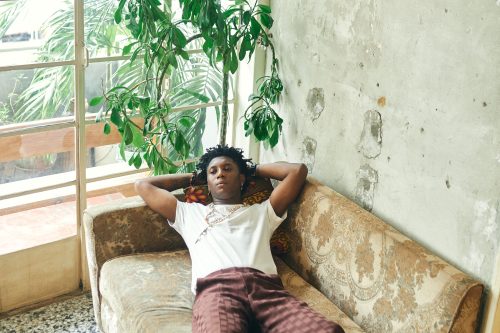
Leave a Reply